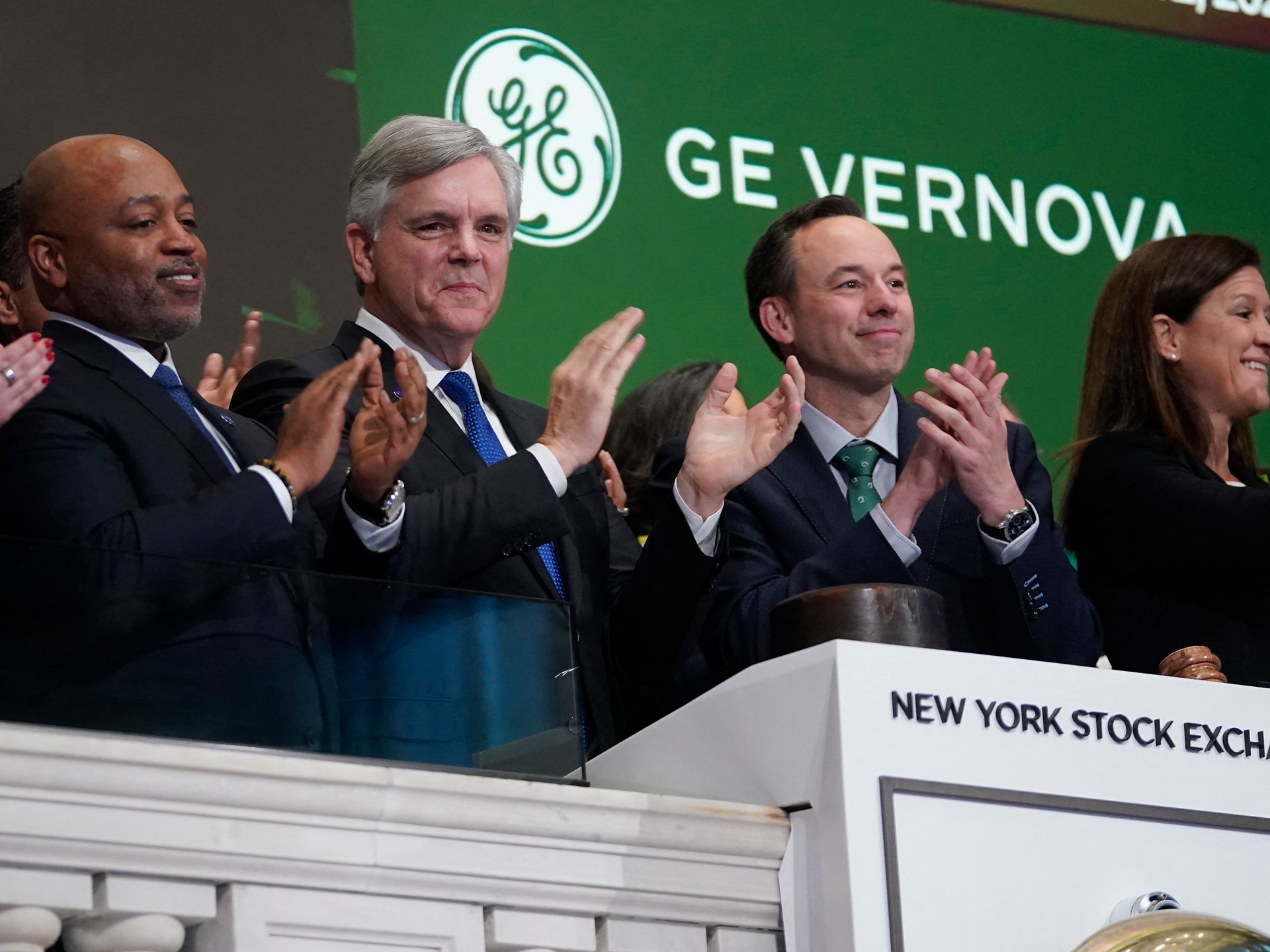Tariff-Free Trade Urged by GE Aerospace CEO: A Deeper Dive into the Debate
The call for tariff-free trade, especially within the crucial aerospace sector, has become increasingly prominent. Recently, the CEO of GE Aerospace voiced strong support for eliminating tariffs, arguing they hinder innovation, stifle competition, and ultimately harm consumers. This statement ignites a complex debate with far-reaching implications for global economics and national security. Let's delve deeper into the arguments for and against tariff-free trade in the aerospace industry.
The Case for Tariff-Free Trade in Aerospace
GE Aerospace's CEO isn't alone in advocating for the removal of tariffs. Many economists and industry leaders argue that such barriers impede free market principles, leading to several negative consequences:
Increased Prices for Consumers:
Tariffs artificially inflate the cost of goods, including aircraft parts and engines. This directly impacts airlines, leading to higher ticket prices for passengers and increased operational costs for cargo carriers. Ultimately, consumers bear the brunt of these added expenses. A study by the Peterson Institute for International Economics estimated that tariffs cost the average American household hundreds of dollars annually. This figure is likely higher when considering the specific impact of aerospace tariffs.
Reduced Innovation and Competition:
Tariffs protect domestic industries from foreign competition, potentially reducing the incentive for innovation. Without the pressure of global rivals, companies may become complacent, resulting in slower technological advancements and fewer choices for consumers. A vibrant, competitive market, fueled by free trade, often leads to superior products at more affordable prices.
Disrupted Global Supply Chains:
The aerospace industry relies on intricate global supply chains. Tariffs disrupt these chains, increasing lead times, adding complexity to logistics, and ultimately hindering production. This is especially problematic for a sector requiring precise coordination and timely delivery of specialized components.
Counterarguments and Concerns
While the benefits of tariff-free trade are compelling, several legitimate concerns exist:
National Security Implications:
Some argue that removing tariffs could compromise national security by increasing reliance on foreign suppliers for critical aerospace components. This concern is particularly relevant for countries seeking to maintain strategic independence in defense and aerospace manufacturing. Balancing economic benefits with national security considerations requires careful policymaking.
Job Displacement Fears:
The fear of job losses in domestic industries is often a major obstacle to free trade agreements. While some argue that free trade creates more jobs in the long run through economic growth, the transition can be difficult for workers in affected industries. Robust retraining programs and social safety nets are crucial to mitigating these potential negative effects.
Unfair Trade Practices:
Concerns about unfair trade practices, such as dumping (selling goods below cost to gain market share) and government subsidies, frequently arise in discussions about tariffs. Effective mechanisms to address these issues are necessary to ensure fair competition in a tariff-free environment.
Finding a Balance: Navigating the Complexities
The debate surrounding tariff-free trade in aerospace is not simply about economics; it's about balancing competing interests and priorities. A nuanced approach is required, one that considers:
- Targeted Trade Agreements: Instead of complete tariff elimination, carefully negotiated trade agreements can address specific concerns while promoting freer trade.
- Investment in Domestic Industries: Investing in research and development, worker training, and infrastructure can enhance the competitiveness of domestic aerospace firms, reducing their reliance on protectionist measures.
- Stronger International Regulations: Developing robust international regulations to address unfair trade practices is essential for creating a level playing field.
The call for tariff-free trade from GE Aerospace's CEO underscores the crucial need for a thoughtful, comprehensive approach to trade policy in the aerospace sector. Ignoring the potential benefits of freer trade while failing to adequately address legitimate concerns about national security and job displacement would be a missed opportunity to foster innovation, growth, and ultimately, a more prosperous future. The ongoing dialogue should prioritize finding solutions that benefit both consumers and national interests.
